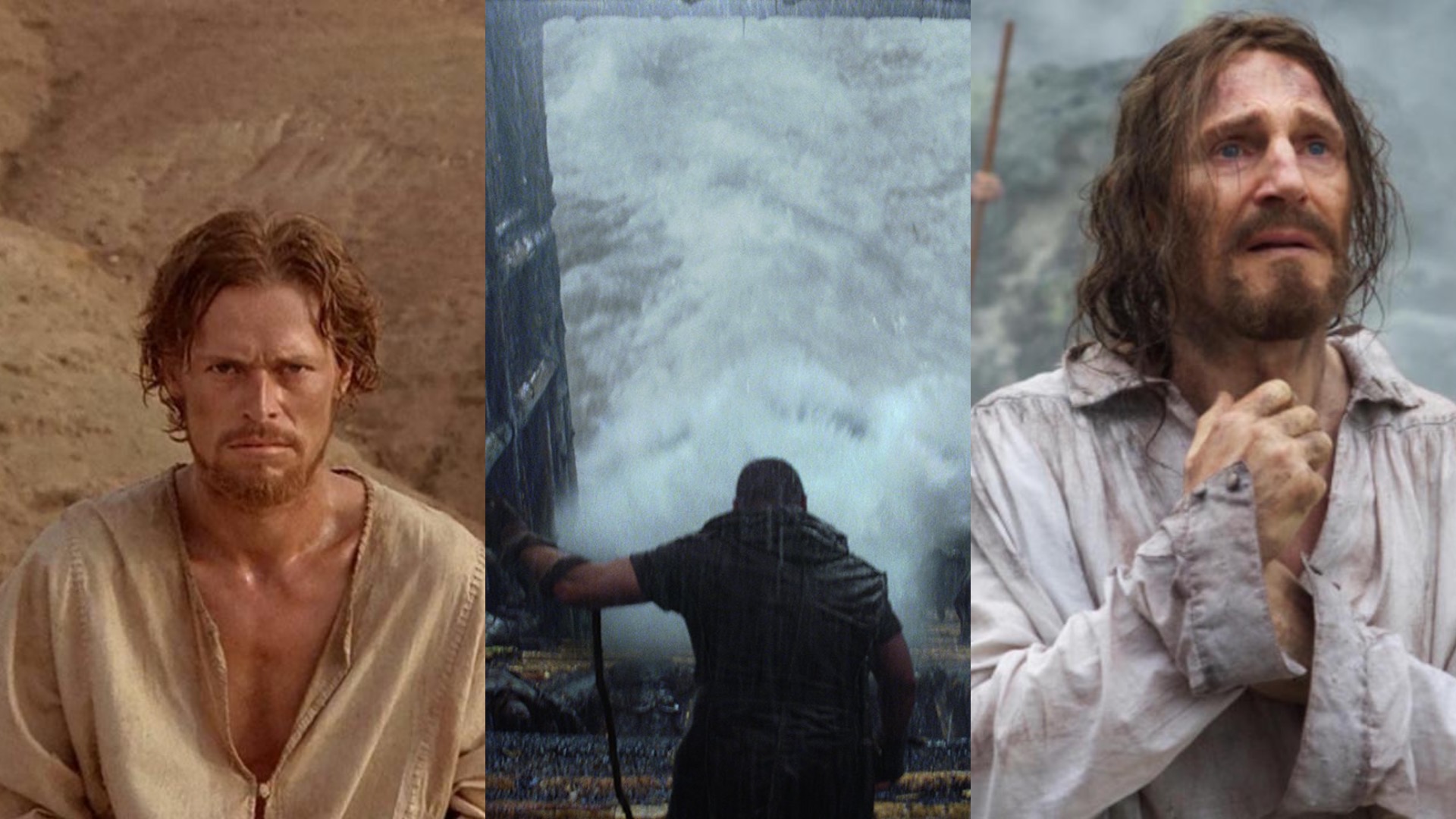Celebrating 50 Years of 2001: A Space Odyssey
On April 2nd, 1968, the Uptown Theatre in Washington D.C. became the home for the premiere of a brand new film from director Stanley Kubrick. Just a few years earlier, Kubrick had made quite a stir with his Cold War black comedy Dr. Strangelove or How I Learned to Stop Worrying and Love the Bomb, but his follow-up took on a different path, one more extreme and groundbreaking the likes of which had never been previously seen.
From the very first time that 2001: A Space Odyssey was shown to general moviegoers, it has been subjected to widespread debate over its interpretations and its view of humanity - acting as a chronicle of man's potential from primal scavenger to child among the cosmos. Kubrick worked with author Arthur C. Clarke to adapt the short story 'The Sentinel' into the project, which also spawned an accompanying novelization from Clarke to provide answers to some of the film's more abstract postulations.
It's a wonder a film like 2001 would even get made in this day and age. Coming in at the intersection of blockbuster and arthouse stylization, it would become the highest grossing film of 1968, despite worry from Metro Goldwyn Mayer that it would be a certified bomb and audiences wouldn't 'get it'. With a film like 2001, that very notion doesn't apply. Clarke himself stated "If you understand 2001 completely, we failed. We wanted to raise far more questions than we answered."
2001 begins with the Dawn of Man sequence, where we watch collective groups of apes carry on with their day-to-day activities, playing and fighting with each other. The sudden appearance of a dark monolith, which the creatures obsess over, transforms them into tool-wielding killers and marks the first instance of advanced potential beyond basic capabilities. We are then treated to the jump cut to end all jump cuts, as a bone hurdling through the sky shifts to a massive satellite in orbit in the then-future of 2001.
The second section treats us to a number of scientific predictions about the future of humanity as predicted 50 years ago. Some aspects, like video-based telecommunication, are certainly commonplace in today's society, though sadly we aren't quite yet at the point of commercial space travel or off-planet hotels. Regardless, we are introduced to a scientific committee who have discovered another monolith, like the one previously seen, within Earth's moon. The journey to excavate and study it is complemented with a haunting choral score, as the monolith suddenly emits a radio signal in the direction of Jupiter, setting the stage for the film's crucial chapter.
A team of astronauts is dispatched on an expedition to Jupiter to discover the source of the signal, however, a sophisticated piece of rogue artificial intelligence, the HAL 9000 (voice of Douglas Rain) sabotages the mission. The lone survivor, Dave Bowman (Keir Dullea) decides to single-handedly complete the mission, entering Jupiter's orbit and being thrust through space and time, to die and be reborn into a new form of existence.
2001 is now considered to be one of the greatest films ever made, for being unlike any other piece of science fiction before it. The award-winning special effects are one-of-a-kind and still hold up today, despite being composed of various camera tricks and miniatures. The unforgettable images that abound, from the iconic jumpcut to the design of the Discovery spacecraft, have been endlessly referenced or spoofed in popular culture.
Its love among film fans comes from the very idea of its ambiguity; you can take the film as an epic adventure of exploration, a contemplation on where we as a species are headed, or just a good old -ashioned psychedelic experience (the burgeoning hippie movement at the same time as the film's release is believed to have been a key element of its success). 2001 is also the ultimate big screen movie, which is why to mark its 50th anniversary, it is a joy to see the film being put back in theaters (in 70mm!) across the United States. For a gripping, fascinating, and unforgettable experience, that considers our own abilities, technologies, and the worlds that lie beyond our own, 2001: A Space Odyssey is likely to not ever be surpassed.
















